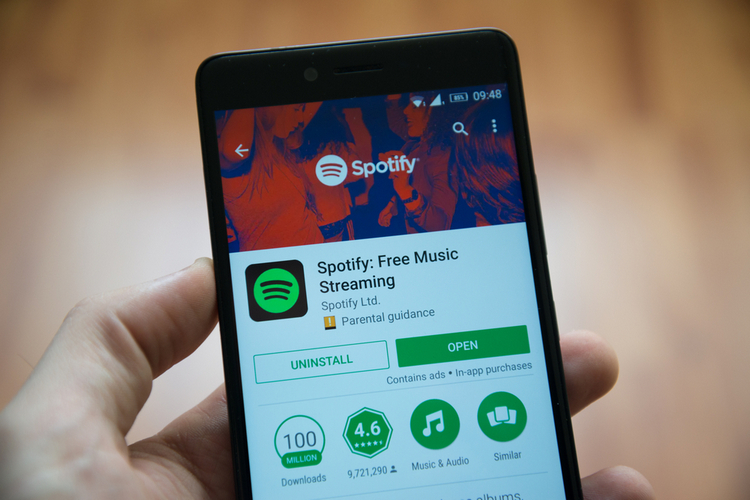

Like an artist would build their portfolio of art, our band members can build their own portfolio of skills and experiences.īesides offering development opportunities to our band members, the marketplace also offers value to the company.

It’s a platform supporting them in building their own portfolio by providing mentoring opportunities, access to all new jobs and short term projects across the company. It’s one tool to support our band members in this shift.Įcho provides structure and opportunity for band members to share their knowledge and find learning opportunities that lie beyond their role description. That’s why, at Spotify, we’ve invested in an internal talent marketplace. And in today’s reality we need something more flexible and agile than the traditional career ladder and framework.

Spotify careers global mobility professional#
How Can Companies Support Portfolio Careers?Įmployers have a great responsibility in enabling and empowering individuals’ professional success by providing a culture of learning and tools. Therefore, a portfolio can be modelled and a person has the opportunity to think about and plan the transferable skill sets they want to build. A portfolio will also include skills gained outside of jobs, transferable skills – learning made outside of a professional scenario. And one of the ways to thrive in flux is to “treat your career as a portfolio to curate rather than a path to pursue.”Ī portfolio will showcase all the different roles, jobs, or projects a person has been involved in and the skills and abilities they have gained through those. April Rinne develops this thought further in her book Flux, where she describes how we are in a world of flux, and need to develop a new mindset where we see constant change and unpredictability as a feature rather than as a bug. However, the portfolio view of career growth is relevant for anyone, no matter if you’re a gig-worker or an employee in a corporation.

He mainly talked about what was later called the gig-economy and we are mostly used to hearing about portfolios when we talk about freelancers and/or artists. He promoted the idea of building “portable skill sets” (or transferable skill sets as we would call them) that can be used across the portfolio of different roles and jobs. The question is: how should we as individuals think and plan our work differently?īack in the 90’s, Charles Handy, an organisational behaviourist and author, predicted the need for building a “portfolio career” to meet the future of rapid change in the workplace. This means so much more to the burgeoning generation of employees than titles or climbing the hierarchy. In addition, today, many employees are looking for something else: they value freedom and flexibility, variation and more purpose-driven rather than profit-driven atmospheres. Careers as they used to be viewed – climbing the ladder, linear growth and steady promotions within one field or industry – are becoming increasingly obsolete. This demands that we change our old mindset and habits in how we view and plan for career growth. In fact, lifelong learning is the key to future proofing your career in this new reality. Being adaptable to change and keeping those learning muscles in shape, we will have a choice in curating our way forward in life. To really be in control of our careers, we need to adapt to new circumstances, new technology, new tasks, and continuous learning. In this VUCA environment, following this traditional framework would only bring a false sense of control. Historically, some degree of control came from a traditional and predictable career framework with exact measurements to what will get you to the next level. In a complex world, where we all have to deal with more uncertainty than ever, it’s human nature to seek control.


 0 kommentar(er)
0 kommentar(er)
